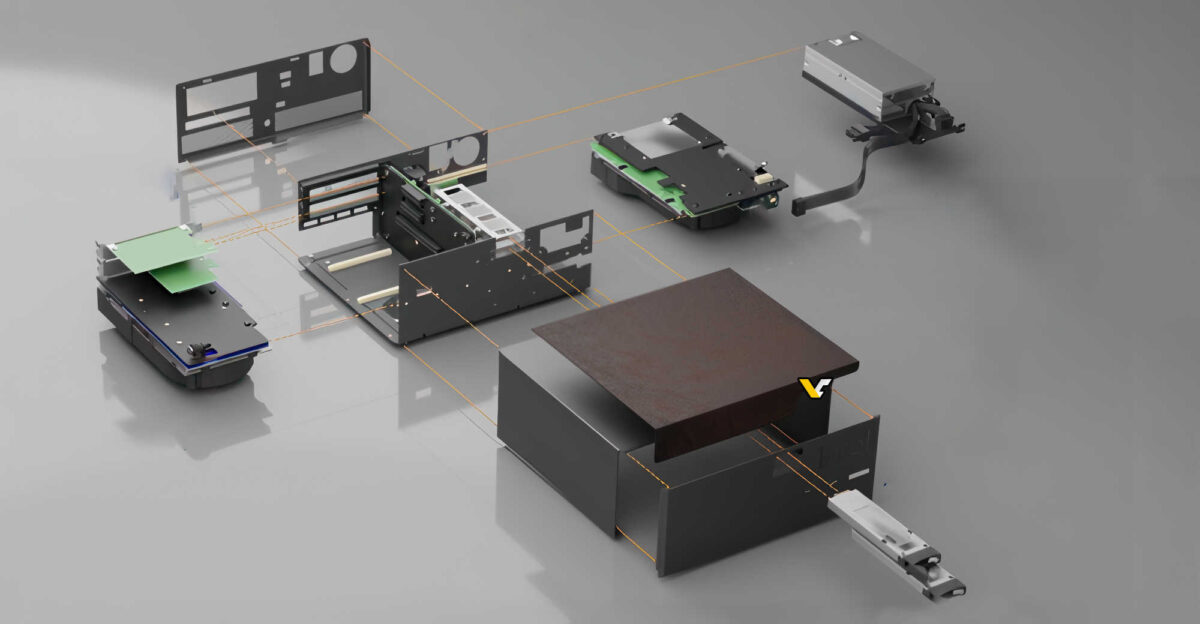Intel's Modular Laptops Aim to Tackle E-Waste Crisis
In a bold move towards sustainability, Intel researchers have unveiled a concept for modular laptops and mini PCs designed to curtail the growing problem of electronic waste (e-waste). With a staggering 60 […] Thank you for being a Ghacks reader. The post Intel's Modular Laptops Aim to Tackle E-Waste Crisis appeared first on gHacks Technology News.

In a bold move towards sustainability, Intel researchers have unveiled a concept for modular laptops and mini PCs designed to curtail the growing problem of electronic waste (e-waste). With a staggering 60 million tons of e-waste generated annually, and less than 25% of it recycled, the call for standardized motherboards and interchangeable I/O ports could lead to a transformative shift in how consumers approach device ownership.
The research team, which includes Roberta Zouain, Reshma PP, and Gurpreet Sandhu, contends that modular designs would not only extend the lifespan of devices but also empower users with the ability to repair or upgrade their laptops without incurring penalties. This aligns seamlessly with the growing "right to repair" movement, advocating for consumer rights to maintain and modify their own technology.
Intel's vision includes motherboards segmented into three parts, separated from I/O ports, facilitating easy upgrades and repairs. This innovation aims to create a universal I/O board system usable across various platforms, potentially leading to significant cost savings and reduced design complexity. Notably, proposed changes for mini-PCs envision hot-swappable storage and repairable Thunderbolt modules, which would ease the burden of repairs for end-users.
However, implementing these ideas may prove challenging. Intel would need to collaborate closely with partners like Dell and Asus to bring these concepts to market, a process that could take at least a year to materialize, if not longer. Furthermore, the industry's rush for thinner laptops often conflicts with the practicality of modular devices, which prioritize repairability over sleek aesthetics.
While Intel's proposals aim to set a new standard for sustainable technology, they remain largely conceptual for now. Nonetheless, the company's direction hints at a promising future where users could regain control over their devices, reducing both costs and environmental impact.
Thank you for being a Ghacks reader. The post Intel's Modular Laptops Aim to Tackle E-Waste Crisis appeared first on gHacks Technology News.

















![From Gas Station to Google with Self-Taught Cloud Engineer Rishab Kumar [Podcast #158]](https://cdn.hashnode.com/res/hashnode/image/upload/v1738339892695/6b303b0a-c99c-4074-b4bd-104f98252c0c.png?#)




























































